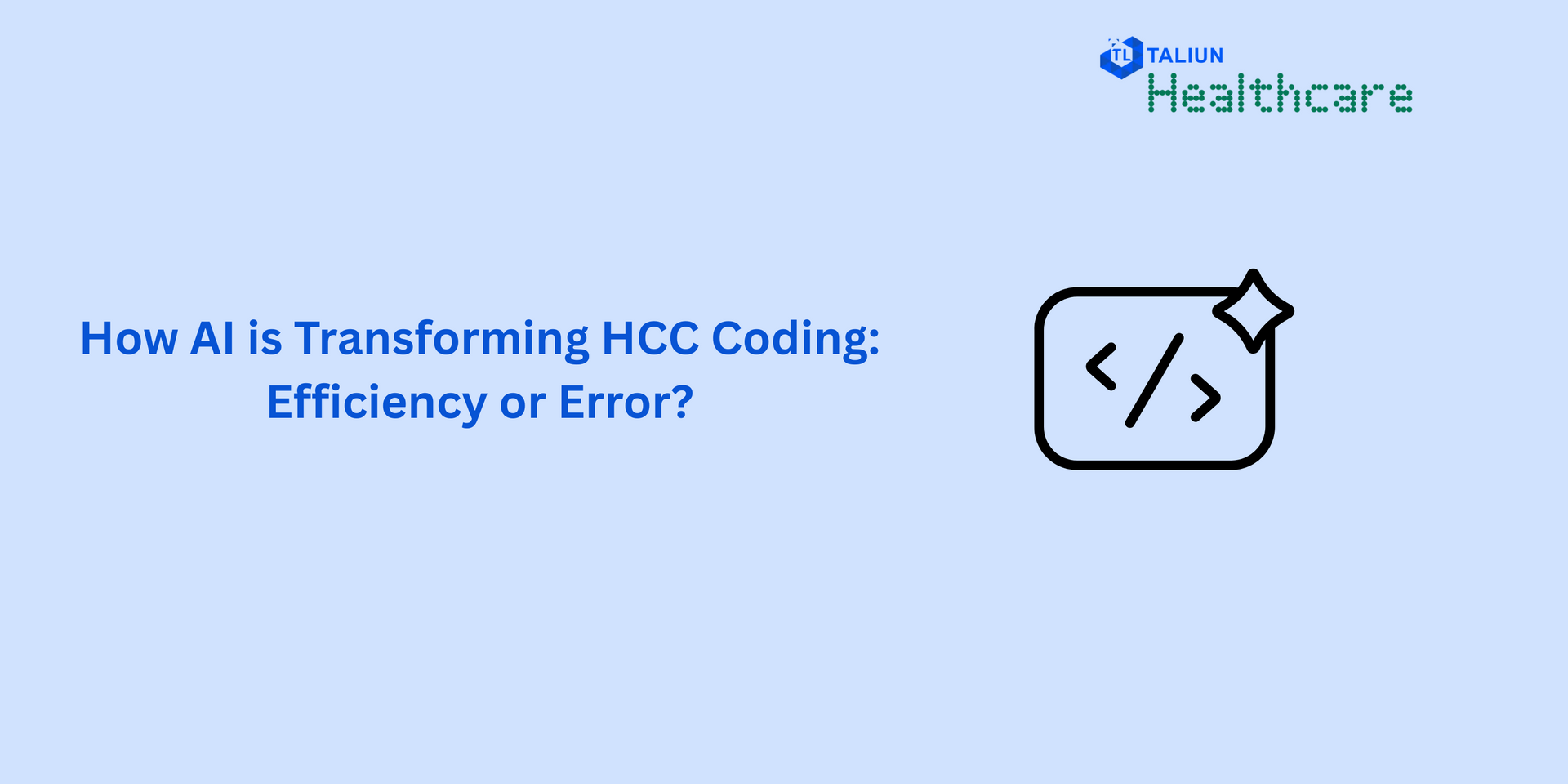
Advantages of Migrating from React Native to Flutter for Building High Performing Mobile Apps
As the mobile app development industry grows, developers are continuously looking for ways to improve their work. React Native and Flutter are two of the most popular mobile app development frameworks today. Both frameworks have their advantages and disadvantages. While React Native has been around for longer and has a larger community, Flutter is relatively new but has been gaining traction due to its unique features. In this blog, we will discuss the advantages of migrating from React Native to Flutter.
1. Faster Development Time
Flutter allows developers to build high-quality, native-like apps for iOS and Android faster than React Native. Flutter has a feature called Hot Reload, which allows developers to see the changes they make in real-time. This feature saves time and improves productivity. React Native has a similar feature called Fast Refresh, but it is not as fast as Flutter's Hot Reload.
2. Better Performance
Flutter apps perform better than React Native apps because Flutter has its rendering engine called Skia. Skia is a 2D graphics library that provides a high-performance canvas API. This allows developers to create high-quality animations, graphics, and effects in Flutter. In contrast, React Native relies on the native components of the platform it runs on, which can result in performance issues.
3. Better User Experience
Flutter offers better user experience compared to React Native. Flutter's widgets are designed to be customizable, which allows developers to create unique and engaging UI. Flutter also offers a wide range of widgets and tools to help developers create responsive UIs. React Native, on the other hand, has a limited number of components, which can make it challenging to create unique and engaging UIs.
4. Better Testing
Testing is an essential part of the app development process. Flutter offers an advantage in testing compared to React Native. Flutter has built-in testing tools like the Flutter Driver and Widget Testing. These tools help developers write and run tests more efficiently. In contrast, React Native relies on third-party testing frameworks, which can be less efficient.
5. Lower Cost
Migrating from React Native to Flutter can be cost-effective in the long run. Flutter's faster development time and better performance can result in lower development costs. Additionally, Flutter's cross-platform capabilities mean that developers can create apps for both iOS and Android platforms simultaneously, reducing the cost of development further.
Conclusion
Migrating from React Native to Flutter has several advantages. Flutter offers faster development time, better performance, better user experience, better testing, and lower costs. While migrating to Flutter can be challenging, the benefits can be significant. If you are a developer looking for a more efficient and cost-effective way to build mobile apps, it's worth considering migrating to Flutter.




